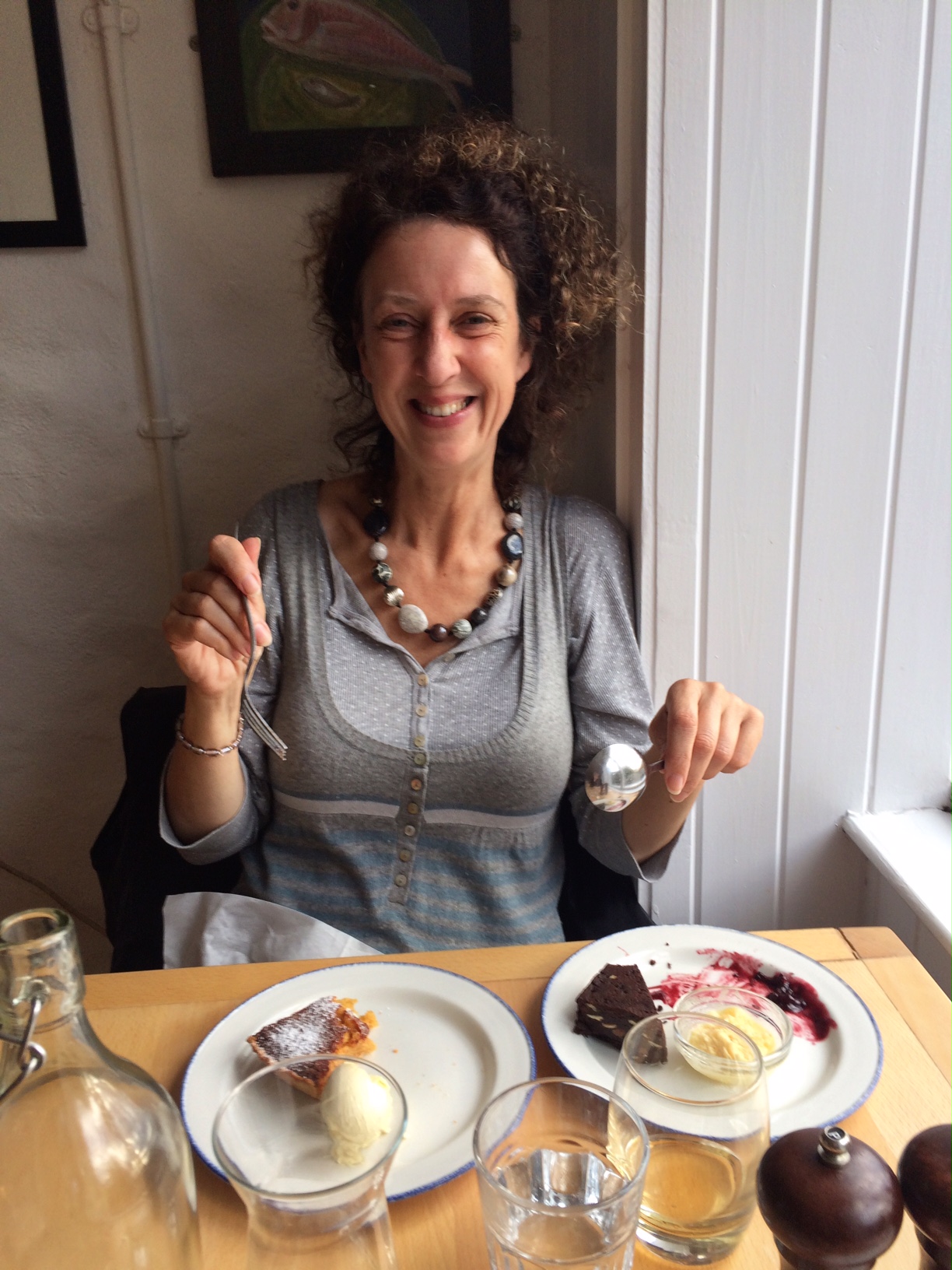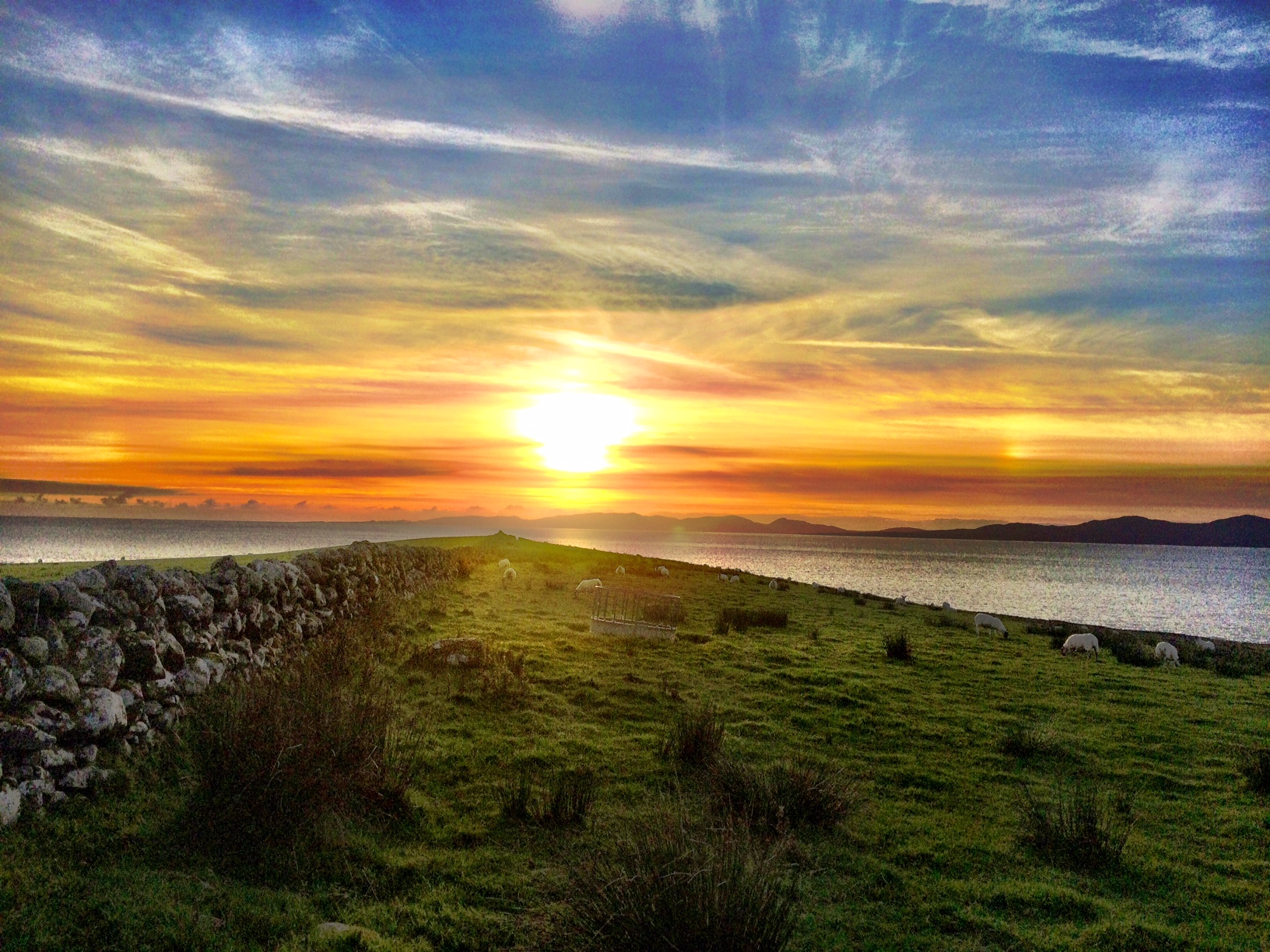Ok, so this month I was supposed to be getting fit. The boys bike ride and skiing in March are now looming large, but I’m please to say that good progress is being made. As well as the challenge of some kind of exercise/body work for each day of this month, I’ve now upped the ante by making a significant dietary change.
Before I get into that, it’s worth saying that I’ve pretty much stuck to the plan to exercise daily. I’ve maybe missed about 3 days so far, and on those I’ve still managed to be body conscious, doing a little Alexander or some simple leg exercises. It’s also surprising how quickly this is making a difference to the physique in general. Im getting back some of the definition that I had last year, and at the Gym I’m back to lifting the same weights. Given that it’s only been 3 weeks rather than the 3 months it took last year, I’m very pleased with that. The downside with this pace of exercise is that something aches most of the time!
My two main metrics for progress against the challenge are 1) perceived effort on the gym bike – peak heart rate and muscle fatigue are dropping on the 20 minute hill profile, and 2) daily squats with no additional weight are increasing in quantity before muscle fatigue makes progress difficult.
Now the diet. Some of you will know that for the last few years I’ve realised that I have an intolerance to wheat, which manifests itself as a single patch of eczema on my left inner ankle. I’ve had this for over 20 years, but it was only about 4 years that I discovered the relationship. I’ve tried to limit my wheat intake over the last few years, but I keep allowing myself too many treats so don’t make much overall progress. Also, I question if there is something else in the diet that acts as a low level aggrevator.
As a result I started looking at dietary changes that I could make that excluded like groups of foodstuffs without depriving me of essential nutrients. I already knew that I needed to exclude wheat completely, and that I probably needed to exclude oats, which had become a wheat substitute for me. I also thought that I needed to exclude dairy at least for some period. In looking at what common diets might achieve that in a balanced way, I discovered the ‘Paleo Diet’. Now don’t think the word diet means that I’m trying to loose weight, that’s not really what this is about. The Paleo diet is more geared around the sort of lifestyle change that you might associate with Vegetarianism.
So, what is the Paleo diet? Paleo is as in Palaeolithic which was the period in evolution when the first Homonids appeared, the species that diverged from the other primates to become modern man, Homo Sapiens. The basis of the diet is that we are genetically disposed through evolution to eat the diet that developed over this period, some 2.5 million years. Man during this period was principally a hunter-gatherer, living off of both meat and vegetation, fruit and nuts. Seeds were unlikely to form part of the diet as in their raw form they are indigestible, and the techniques to mill and cook them into more digestible forms came late in the evolutionary timeline. Agriculture has only featured in the last 10,000 years of humanity, only about 300 generations and not sufficient for our guts to have fully adapted to new food types.
So the Paleo diet seeks to exclude all grains (wheat, oats, barley, rye, rice) and dairy (milk cheese, yoghurt) and legumes (beans, peas, lentils, peanuts). It then argues that the makeup of the remaining food should include a higher percentage of protein (lean meat, fish) then we are used to in a modern diet. Modern recommendations are for high carbohydrate, low fat, low protein (60-70, 10, 15). Paleo calls for moderate protein, moderate carbohydrate, and low fat (40, 40, 20). Although the fat intake is higher with Paleo, the argument is that the fats are more digestible than the modern saturated fats. You still have to eat a calorie controlled diet – you can’t escape the fact that excess consumption just turns to fat, whatever it’s makeup. You also need to exclude processed foods (ready meals, processed ingredients) because of how they have been processed and preserved. So start with whole foods, meat, fish, vegetables, fruit and nuts, add herbs and spices, and enjoy!
It actually worries me that we eat so much wheat. Just try thinking about all the things you eat on a daily basis that includes it. If it’s not wheat, it’s another grain. There are strong links between gluten and several allergies and ailments, and the same goes for dairy. There is even a strong connection between those societies who have used grain/dairy as a part of their diet and the incidence of ailments, which perhaps shows that as a species, we are capable of adapting to new food sources, but you need sufficient evolutionary time for that to happen, and that won’t happen in our lifetimes (just because you think you can eat grain/dairy because you have no visible symptoms, doesn’t mean that it’s not influencing other low level ailments like heart disease or cancer).
The positive side of the exclusion of those things though is that I’ve not craved any of them at all. There are so many other things to choose from. This doesn’t feel like a diet in that sense, more of a positive change for healthier food. Instead of reaching for biscuit or handful of salted peanuts (not nuts but legumes), i’ve really taken to a few whole nuts or a price or fruit. Ok, so I’ve been largely vegetarian at home for more than a decade, so in theory have been enjoying a wholesome diet and the occasional meat treat when out (and we do eat fish at home), but I’ve also felt quite lethargic a lot of the time, it’s a bit of a joke about how often I yawn. Since I’ve started exercising I have felt better, but I’m not sure that the diet has kept up with that, so I’m interested to see how this change helps with that.
I’ve one been trying to follow the principles for the last week, and all well so far. Generally I’ve felt like I’ve had more energy. It took a few days for the digestive system to adjust, but has now settled down. I’ve had a couple of naughty wheaty moments for which I’ve paid the price, so will now make a point of complete exclusion. I still take milk in my tea, but no other dairy. I’m struggling to get sufficient calories from protein, mainly because living with a vegetarian means I don’t get a free choice over meals. Also, it’s hard to find sufficiently lean meats, especially when eating out. I’ve been tracking my consumption, and manage to blow the calorie allowance on those days, although largely due to alcohol consumption. Yes, I’m still drinking beer. I think when I am on holiday, I will try and drop the beer and stick to wine – still calories, but at least removes another grain derivative. Of course I could cut my alcohol consumption, but hey, no one said this shouldn’t be fun!
One downside is that the food bill is definitely going up. Meat costs a good chunk of money and I’m still eating the same quantity of veg. I’m starting to choose more exotic fruit, partly to keep the interest. It’s one of the downsides of living at this latitude, fruit and veg are both highly seasonal and not very interesting at the best of times. Modern freight and trade means we can get anything from anywhere. It’s something that I will work on if I stick with this diet, because the environmental side of food is something that I strongly believe in as well.
My only niggle with it so far is that this week my eczema has been playing up, which may just be down to the wheat treats, but normally it settles within a day or two of complete exclusion. At the end of the day, I’m happy to discover a diet that works for me.



